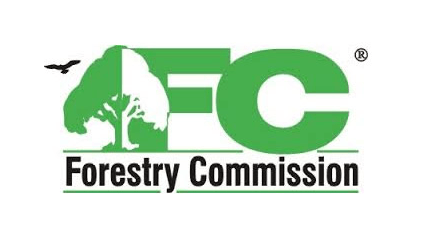Forestry Commission to develop Ghana’s second REDD+ programme
 The Forestry Commission is partnering the United Nations Development Programme to develop Ghana’s second REDD+ programme, which focused on reducing deforestation and forest degradation in the savannah landscape.
The Forestry Commission is partnering the United Nations Development Programme to develop Ghana’s second REDD+ programme, which focused on reducing deforestation and forest degradation in the savannah landscape.
Mr John Allottey, the Deputy Chief Executive of the Forestry Commission, who announced this, said Ghana hopes to attract funding from the Green Climate Fund for the implementation of the programme.
Mr Allottey was speaking at a meeting organized by the Environmental and Natural Resources (ENR) working group to update Civil Society Orgaisations (CSOs) on the progress of various activities undertaken by the group.
The ENR was set up to develop a holistic approach towards addressing issues relating to land degradation, desertification and deforestation.
Mr Allottey said as REDD+ evolved in international climate change negotiations, the Forestry Commission, through the Climate Change Unit, had taken steps to ensure that the country took advantage of the several opportunities that REDD+ presented for sound management of forest and wildlife resources.
In June 2017, Ghana’s REDD+ programme dubbed Ghana Cocoa-Forest REDD+ was endorsed for implementation by the Carbon Fund of the World Bank, paving the way for Ghana to receive some funds in results-based REDD+ payments.
The Forestry Commission is also implementing the Forest Investment Programme, which is piloting key REDD+ activities in the Western and Brong-Ahafo Regions.
He expressed the hope that the inputs of civil society organisations would help bequeath future generations and their communities with better, richer and more valuable forest and wildlife endowments than inherited.
Providing updates on illegal mining, Mr Emmanuel Afreh, Manager, Monitoring and Evaluation, Minerals Commission, said the Commission had seized making any recommendations for the grant of new licenses following the moratorium on the issuance of new mining licenses for small-scale mining operators.
He said the moratorium had also provided the Mineral Commission the opportunity to carry out an audit of small-scale mining licenses throughout the country.
He said there were many mining entities, which had acquired the licenses but were not working while others had depleted the resources in their areas of operations and moving to undesignated areas not covered in their licenses.
Mr Afreh underscored the need for sensitisation and education of members of the Judiciary, traditional authorities, the CSOs and other governmental agencies as far as small-scale mining and illegal mining were concerned.
There was also the need to carry out geological investigations and delineate mineable areas to ensure that small-scale miners had rich resource areas to mine to stop the practice of mining everywhere and to avoid the negative consequences of environmental degradation.
Mr Afreh said the provision of Alternative Livelihood Programmes, establishment of more Mineral Commission District offices, the formation of District Mining Committees, and the use of drones, among others could help stem the tide of illegal mining.
Source: GNA
